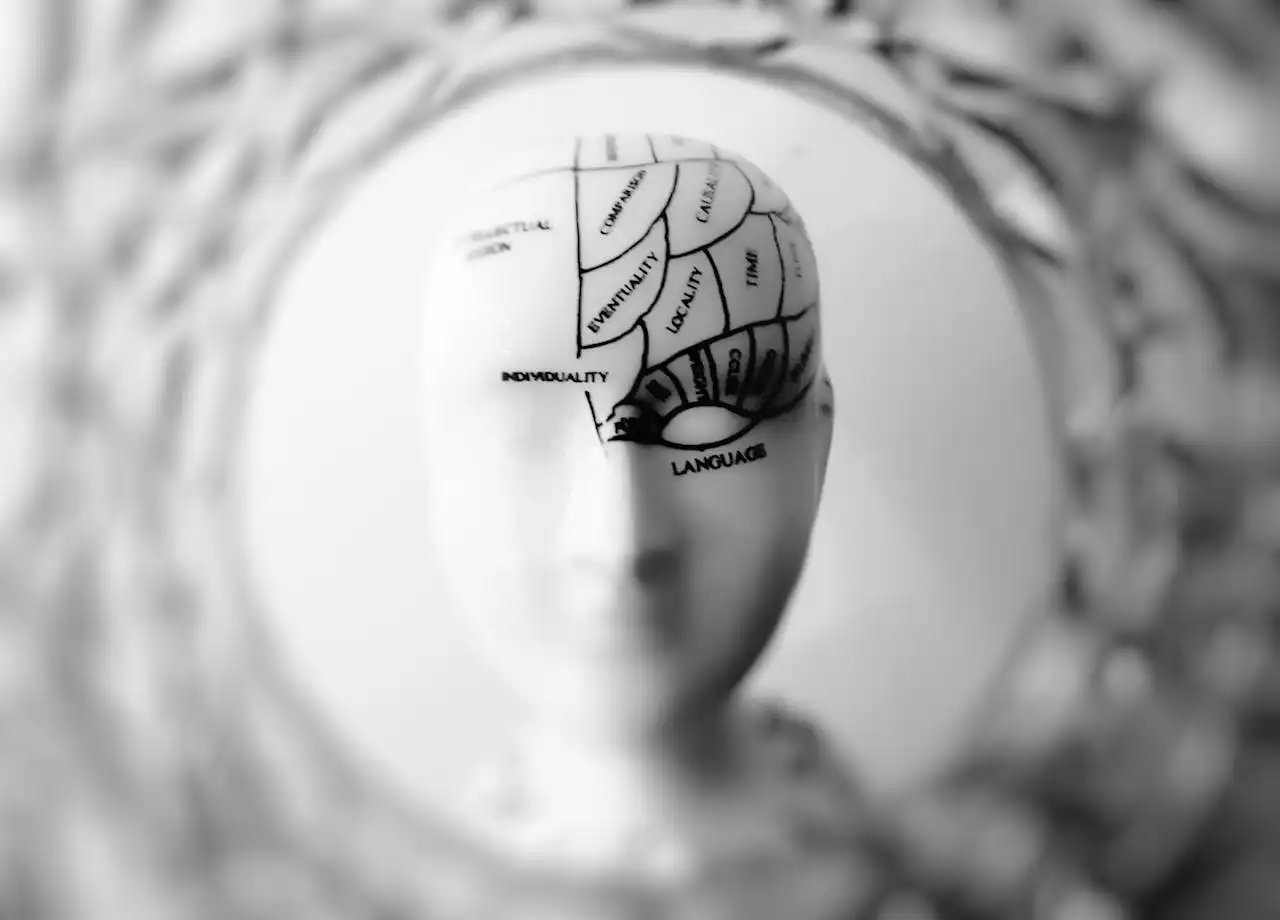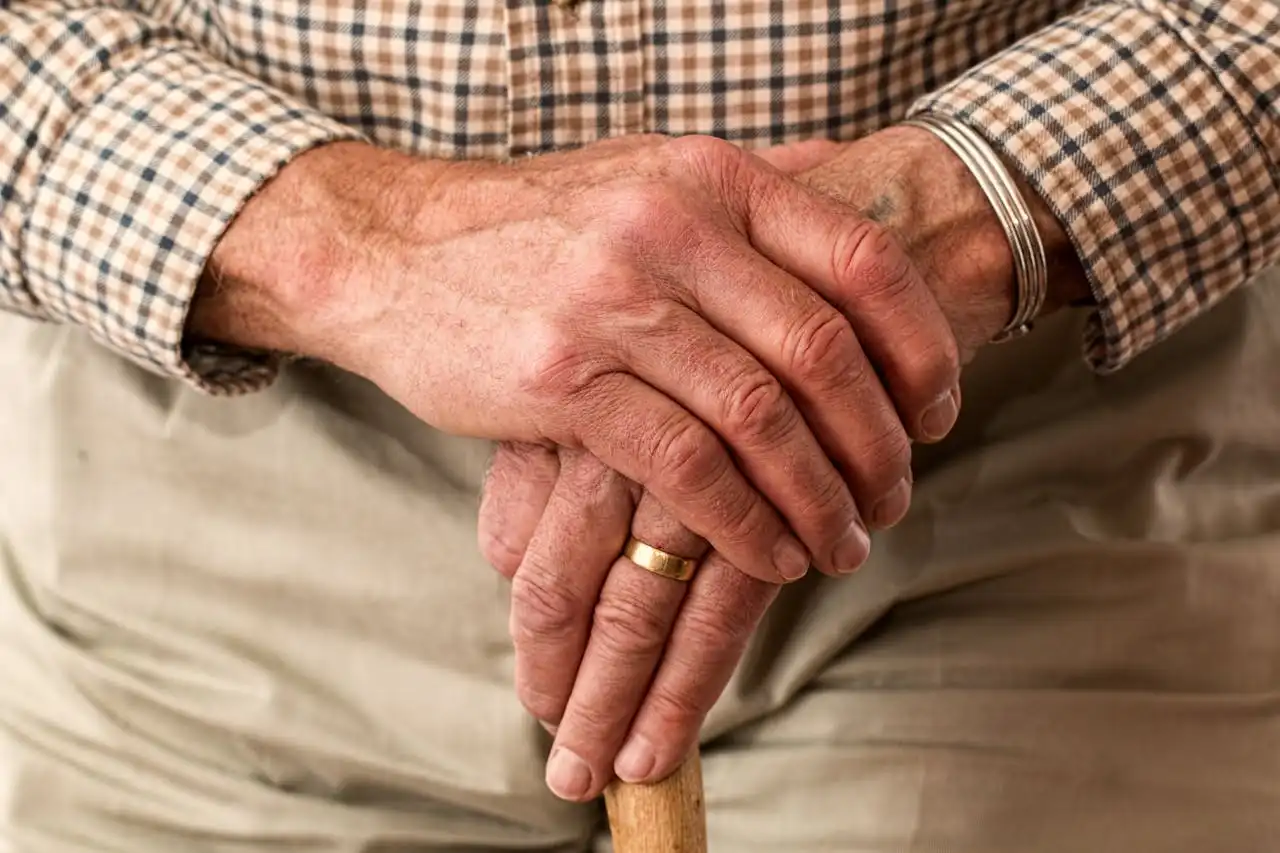The Silent Saboteur: How Smoking Wreaks Havoc on Your Heart and Blood Vessels
Muhe - Sunday, 27 July 2025 | 10:00 PM (WIB)


The Arterial Highway: From Smooth Ride to Pothole City
One of the primary ways smoking slams your cardiovascular system is by kick-starting a process called atherosclerosis. Sounds fancy, but it’s pretty straightforward. Think of your arteries, those vital pipelines, as being lined with a delicate, non-stick coating. When cigarette smoke's chemicals – we're talking about things like carbon monoxide and nicotine – hit this lining, they irritate it, causing tiny injuries and inflammation. It's like constantly scraping the non-stick pan, eventually leading to damage.Once those walls are roughed up, they become prime targets for something called plaque. This sticky gunk is made up of cholesterol, fatty substances, cellular waste products, and calcium. Slowly but surely, it begins to accumulate, building up in layers. Over time, this plaque hardens and narrows your arteries, turning that once smooth highway into a congested, pothole-riddled nightmare. Blood flow becomes restricted, meaning your organs and tissues aren't getting the vital oxygen they need. It's a slow burn, but the consequences are anything but.The Heart's Heavy Burden: A Constant Sprint
So, what does this mean for your heart, the powerhouse pumping station? A lot, actually. First off, nicotine is a vasoconstrictor, meaning it causes your blood vessels to narrow. Pair that with carbon monoxide, which reduces the amount of oxygen your blood can carry, and your heart has to work overtime, pumping harder and faster just to get enough oxygen-rich blood around your body. Imagine your heart doing a constant sprint, 24/7, without a break. That’s pretty much what nicotine forces it into, leading to higher blood pressure and unnecessary strain.This increased workload, combined with those narrowing, plaque-filled arteries, significantly ups your risk for a whole host of scary conditions:- Coronary Artery Disease (CAD): This is the big one. When the arteries supplying blood to your heart muscle itself become clogged with plaque, your heart doesn't get enough oxygen. This can lead to chest pain, known as angina.
- Heart Attack: This is where things get truly critical. If a piece of that hardened plaque breaks off, or if the narrowed artery suddenly clots, it can completely block the blood supply to a section of your heart muscle. Without oxygen, those cells die. That's a heart attack, and it's no joke.
- Stroke: The same principle applies to the blood vessels leading to your brain. If a blocked artery cuts off blood flow to part of your brain, or if a weakened vessel bursts (which smoking also makes more likely), you suffer a stroke. This can cause permanent brain damage, affecting speech, movement, and even memory. It's a life-altering event.
- Peripheral Artery Disease (PAD): It's not just your heart and brain. Your legs and arms suffer too. PAD occurs when those same narrowed arteries restrict blood flow to your limbs, often leading to pain, numbness, difficulty walking, and in severe cases, even amputation. It's a grim reminder that smoking affects your entire vascular system, top to bottom.
The Ripple Effect: It's Not Just You
And here’s another thing to consider: this hidden threat isn't just about the person holding the cigarette. Secondhand smoke, the stuff wafting off the end of a cigarette or exhaled by a smoker, carries many of the same toxic chemicals. It significantly increases the risk of heart disease and stroke in non-smokers, especially partners and children of smokers. So, while you might think it's a personal choice, the ripple effects on loved ones are very, very real. It's a tough pill to swallow, but it’s the truth.The Good News: You Can Still Turn the Tide!
Alright, so we've painted a pretty stark picture. But here's the incredibly important, hopeful part: your body is amazingly resilient. Quitting smoking is, without a doubt, one of the single best things you can do for your heart and blood vessels. The benefits start almost immediately. Within hours, your heart rate and blood pressure begin to normalize. Within weeks, your circulation improves, and the inflammation in your blood vessels starts to calm down. Over time, your risk of heart attack and stroke drops significantly, eventually approaching that of a non-smoker.It's not easy to kick the habit, no one's saying it is. It's a tough battle, but the stakes are incredibly high, and the payoff is immense. Better health, more energy, and a significantly reduced risk of facing those terrifying heart-related emergencies. Your heart has been working hard for you your whole life. Maybe it's time to return the favor, protect that incredible circulatory system, and give yourself the gift of a healthier, longer life. It’s a game-changer, truly.
How to Relax Your Mind During the Weekend
6 months ago

ChatGPT's Compassionate Turn: How AI Is Learning to Handle Mental Health Crises Better
6 months ago

Coffee vs. Tea: The Morning Brew Showdown That's More Than Just a Cuppa
6 months ago

Cracking the Code: Your Guide to Taming Those Beastly Migraines
6 months ago

Fuel Your Supercomputer: Five Foods That Will Level Up Your Brainpower
6 months ago

Unlocking Your Inner Shield: Five Veggies That Are Basically Superheroes for Your Immune System
6 months ago

Your Secret Weapon for Weight Loss? It's As Simple As Putting One Foot in Front of the Other
6 months ago

Forever Young: The Secret to a Glowing, Timeless Life
6 months ago

Your Gut Feeling is Right: How to Feed Your Inner Universe for a Happier, Healthier You
6 months ago

Navigating Your Daily Grind: When Does Your Coffee Habit Cross the Line?
6 months ago
